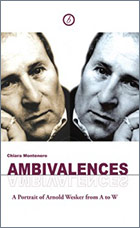A second collection of 39 essays, lectures, and journalism divided into three sections:
Plays and Players
Reflections
Critics
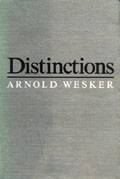
A collection of seven lectures covering eight years of the life of Centre Fortytwo, the arts organisation of which Arnold Wesker was the director. Each lecture is prefaced by a short paragraph describing the position of Forty-two at the time the lecture was first delivered.
"The story of Centre 42 is a necessary part of the history of the sixties. Arnold Wesker's book is a very personal book, in Wesker's characteristic style, and is not really a substitute for a proper history of the movement which will eventually need to be written"
Raymond Williams: The Guardian 16 July 1970
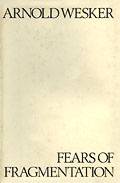
An autobiography up till the first years of becoming a playwright, but flashing forward to beyond those years on certain topics.
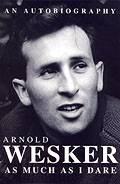
A book of naieve paintings of East London streets by the late John Allin. Allin, a cockney gentile painted the area where he grew up and lived in Hackney, and the 'East End' streets where Wesker grew up. The text, edited by the author, is of the painter and playwright talking about their very different backgrounds.
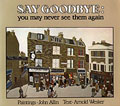
In 1971 Arnold Wesker spent some months in the offices of The Sunday Times gathering background material for his play The Journalists. As an off-shoot he wrote an extended essay about his experience among journalists, and offered it to The Sunday Times. The editor, Harry Evans, was going to print it but was overruled by the Managing Editor. When Wesker's publisher, Tom Maschler of Jonathan Cape, suggested it would made a good slim volume Wesker sought and obtained the blessing of Harry Evans. A contract was signed but some journalists objected saying mistakes had been made. Wesker corrected the mistakes but it didn't help. One other journalist claimed the material for the book was obtained under false pretences. The author withdrew the book - a self-imposed restriction. Five years later, in a TV interview about freedom of the press the interviewer, Melvyn Bragg, asked Harry Evans: "What about the Wesker book?" Evans turned to camera and said "You can go ahead and publish, Arnold"
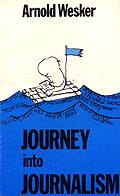
Wesker has kept a diary since 1966. From it he extracted those entries which charted the writing, the marketing, the rehearsal, and final Broadway performance of his play Shylock in which the lead actor, Zero Mostel, died after giving one performance. The company had to rehearse again using the understudy.
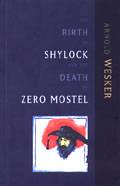
Dusty Wesker's fame as a fine and extravagant cook spread from having cooked for family, friends, and visitors world-wide. Although not a work written by the playwright it has a place in this bibliography - a diary of a year in a playwright's life accompanied by all the recipes of the meals his wife had cooked for that year's visitors. A portion of autobiography with a difference.

A portrait of Arnold Wesker from A to W, interviewed by Chiara Montenero.
